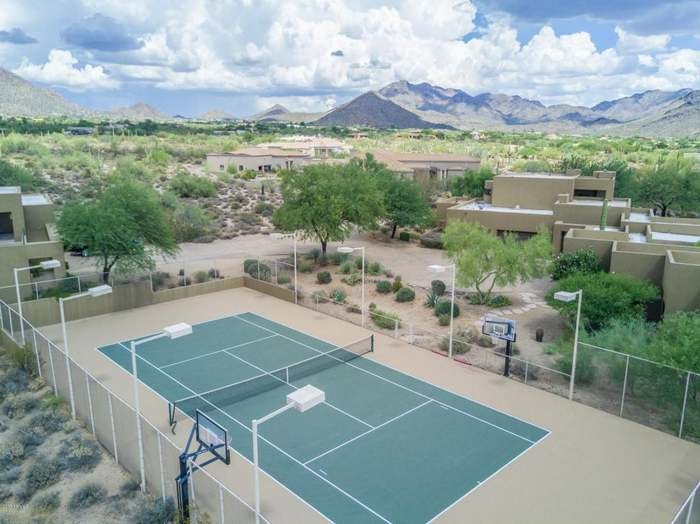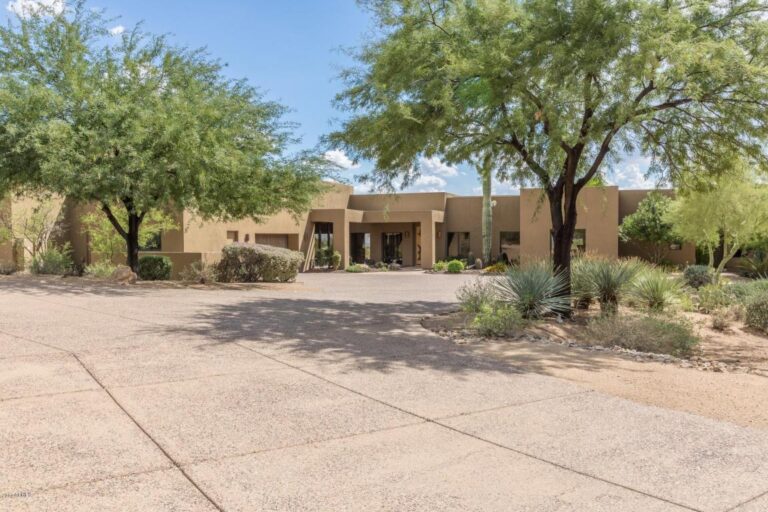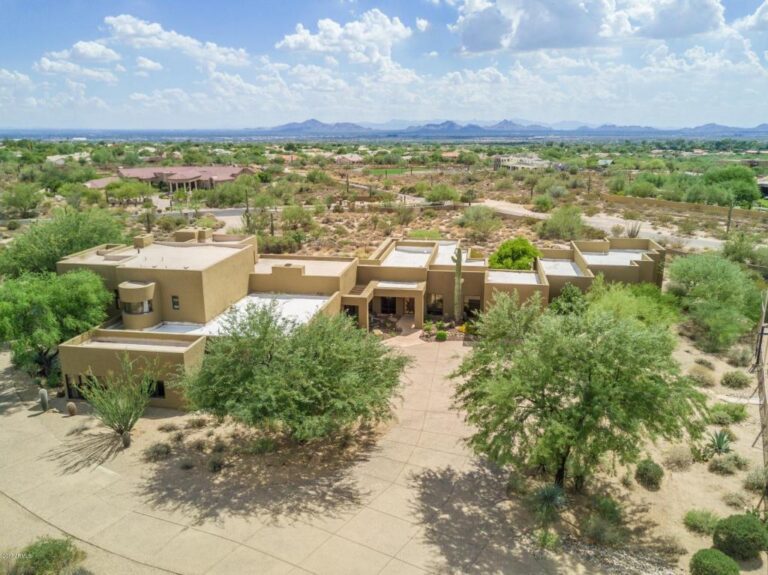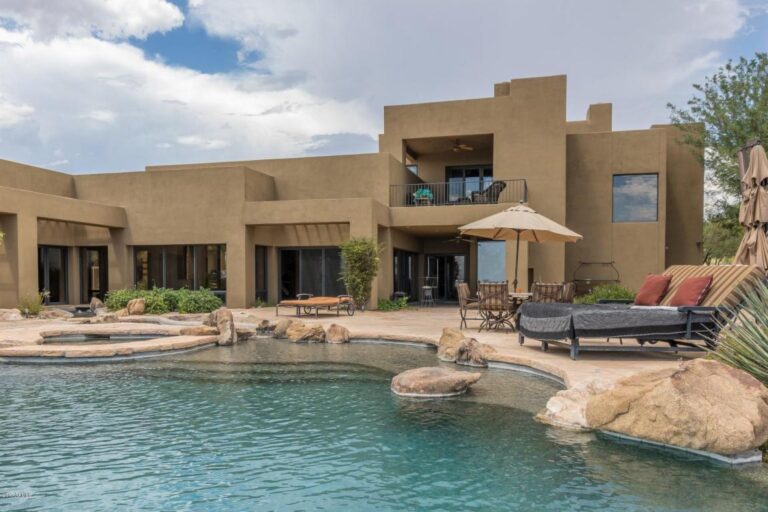You’re not alone in seeking residential rehab in Arizona for opioid addiction with insurance coverage. If you or a loved one need structured detox and inpatient care, understanding your options and benefits can bring relief and clarity. In this guide, you’ll find compassionate insights into Arizona’s treatment landscape, insurance basics, cost comparisons and, ultimately, why HART Rehab can be your partner in lasting recovery.
Explore rehab options
Detox and residential care in Arizona
You deserve a safe, medically supervised environment for the first critical days of recovery. Arizona offers a range of inpatient detox and residential rehab programs that accept major insurance plans. Whether you need inpatient drug detox Arizona covered by insurance or an opioid detox program Arizona that accepts insurance, you’ll find facilities equipped to manage withdrawal symptoms and lay the groundwork for long-term sobriety.
Many programs combine medical supervision with individual and group therapy, ensuring you address both physical dependence and the emotional aspects of addiction. In addition to opioid-specific care, you may also choose a center that integrates alcohol detox services and residential care under one roof, like alcohol detox and residential rehab Arizona that accepts insurance.
Medication assisted treatment programs
Medication assisted treatment (MAT) uses FDA-approved medications to reduce cravings and withdrawal. In Arizona, certified Opioid Treatment Programs (OTPs) are available around the clock for AHCCCS members, uninsured individuals and those whose plans may not fully cover every service. These centers offer:
- Methadone or buprenorphine dosing
- Individual and group counseling
- Case management and peer support
You can locate 24/7 OTPs through AHCCCS, which also supports Office Based Opioid Treatment in qualified primary care settings. In OBOT programs doctors prescribe MAT medications in their offices and connect you to counseling and community resources [1].
Dual diagnosis inpatient rehab
If you face co-occurring mental health conditions—such as depression, anxiety or PTSD—combined with opioid addiction, a dual diagnosis program can address both simultaneously. These inpatient tracks integrate psychiatric care, medication management and therapy modalities like cognitive behavioral therapy and dialectical behavior therapy. For a facility that tailors treatment to mental health and substance use, explore dual diagnosis inpatient rehab Arizona that accepts insurance.
Understand insurance benefits
Types of covered services
Most Marketplace and employer-sponsored plans must cover drug and alcohol rehab under the Affordable Care Act. Commonly covered services include [2]:
- Medical detoxification
- Residential inpatient treatment
- Intensive outpatient programs (IOP)
- Individual, group and family therapy
- Medication assisted treatment
- Aftercare and sober living support
Coverage levels and out-of-pocket costs will vary by plan type—HMO, PPO or POS—so it’s crucial to know your benefits before you commit.
How to verify coverage
- Contact your insurance provider directly. Ask about benefits for substance use disorder treatment, in-network facilities and pre-authorization requirements.
- Use online search tools. Many plans let you filter providers by specialty and location.
- Call a trusted admissions team. HART Rehab’s admissions navigators can review your plan, identify covered length of stay and liaise with your insurer. American Addiction Centers offers a similar service to speed up verification [3].
Maximizing your benefits
- Choose in-network facilities to lower your costs.
- Get pre-authorization for each stage—detox, residential care and aftercare.
- Appeal any denials promptly with supporting medical documentation.
- Explore Medicaid or AHCCCS if you have limited income [4].
Navigate Arizona programs
Opioid treatment programs statewide
Arizona has four 24/7 OTPs serving urban and rural areas, ensuring immediate access to care for AHCCCS members, uninsured individuals and private insurance holders. These centers connect you to comprehensive services including residential and outpatient tracks, MAT, counseling and peer support [1].
Office-based opioid treatment
OBOT programs let you receive MAT through qualified primary care physicians. Your doctor can prescribe buprenorphine or other medications for opioid use disorder and refer you to counseling or recovery support services as needed.
Peer and family support services
Arizona mandates Peer/Family Support Services under AMPM 963, offering credentialed Peer Recovery Support Specialists who understand your journey. These services help you and your loved ones navigate treatment, manage expectations and build a network that sustains you beyond rehab.
Compare program costs
Typical cost breakdown
Understanding costs helps you plan. Below is an overview of average prices in Arizona:
| Service type | Average cost |
|---|---|
| Medical detox (per day) | $250–$800 [4] |
| Inpatient rehab (30-day program) | $5,000–$80,000 (avg $56,789) [5] |
| Outpatient rehab | $1,400–$10,000 |
| Intensive outpatient programs (IOP) | $3,000–$10,000 |
Insurance vs out-of-pocket comparisons
With comprehensive coverage, your insurance may handle most or all of these costs. Without insurance, you might explore sliding-scale programs, state-funded options like The Salvation Army’s free rehab services or Medicaid-eligible facilities [4].
Choose HART Rehab
Comprehensive evidence-based approach
At HART Rehab, you’ll engage in proven therapies—cognitive behavioral therapy, motivational interviewing, family systems therapy and holistic practices such as mindfulness and yoga. Our individualized plans ensure you receive the right mix of medical, psychological and peer-led support.
Tailored dual diagnosis support
If you need co-occurring disorder treatment, HART’s integrated teams include psychiatrists, therapists and case managers who coordinate care. We partner with dual diagnosis residential rehab Arizona with insurance accepted specialists to stabilize your mental health as you recover.
Insurance-friendly admission process
Our admissions team works directly with payers to verify benefits, secure pre-authorization and minimize your financial stress. HART Rehab accepts Aetna, Blue Cross Blue Shield, Cigna, UnitedHealthcare, Humana, Tricare and Anthem insurance:
- Aetna: inpatient rehab Arizona that takes Aetna insurance
- Blue Cross Blue Shield: residential treatment center Arizona with BCBS insurance accepted
- Cigna: detox center in Arizona that takes Cigna insurance
- UnitedHealthcare: inpatient rehab Arizona covered by United Healthcare
- Humana: residential drug rehab Arizona accepting Humana insurance
- Tricare: inpatient rehab Arizona that takes Tricare insurance
- Anthem: alcohol inpatient rehab Arizona covered by Anthem insurance
Healing environment in Arizona
Set against Arizona’s desert landscapes, HART’s campus combines comfortable lodging, nutritious meals and outdoor recreation. You’ll find hiking trails, meditation gardens and community spaces that foster healing and personal growth in a supportive environment.
Prepare for admission
Admission process overview
- Initial assessment and insurance verification
- Pre-authorization and treatment plan development
- Medical detox (if needed)
- Transition into residential care
What to pack
- Comfortable clothing and shoes
- Personal hygiene items
- Insurance cards and ID
- Relevant medical records or prescriptions
Aftercare planning
Your journey doesn’t end at discharge. HART’s aftercare team helps you arrange sober living, outpatient therapy, support group referrals and telehealth check-ins to sustain your progress.
Take the next step
Recovery is within reach. If you’re ready to explore compassionate, insurance-accepted inpatient care in Arizona, HART Rehab is here to guide you. Contact our admissions team today to verify your benefits and begin a tailored treatment plan. Healing starts here—and you don’t have to face addiction alone.






